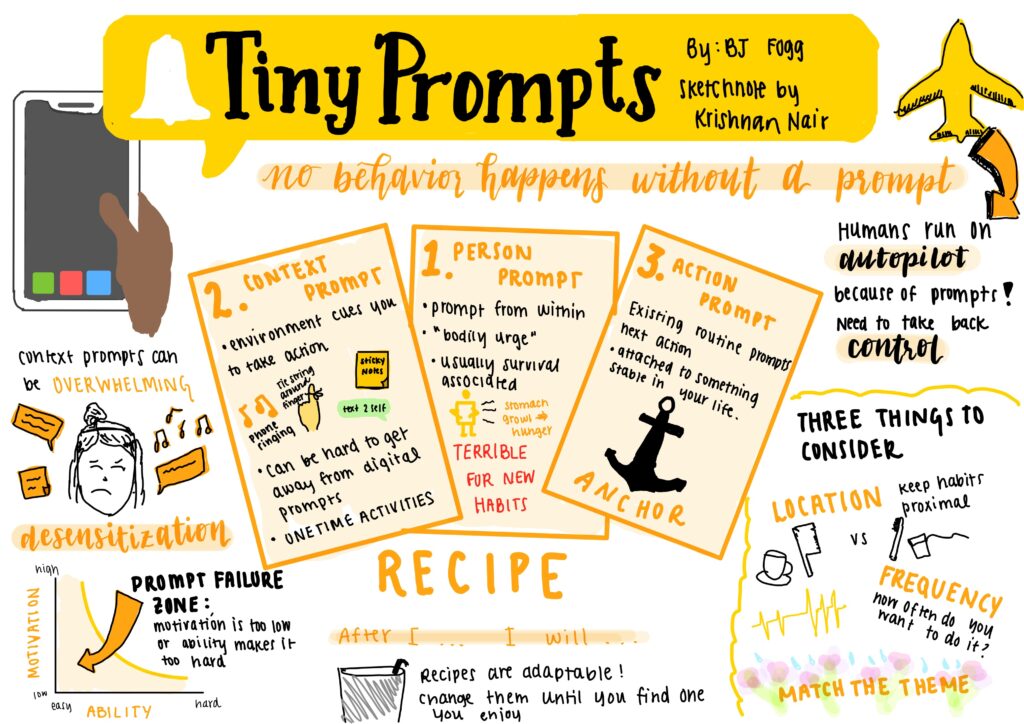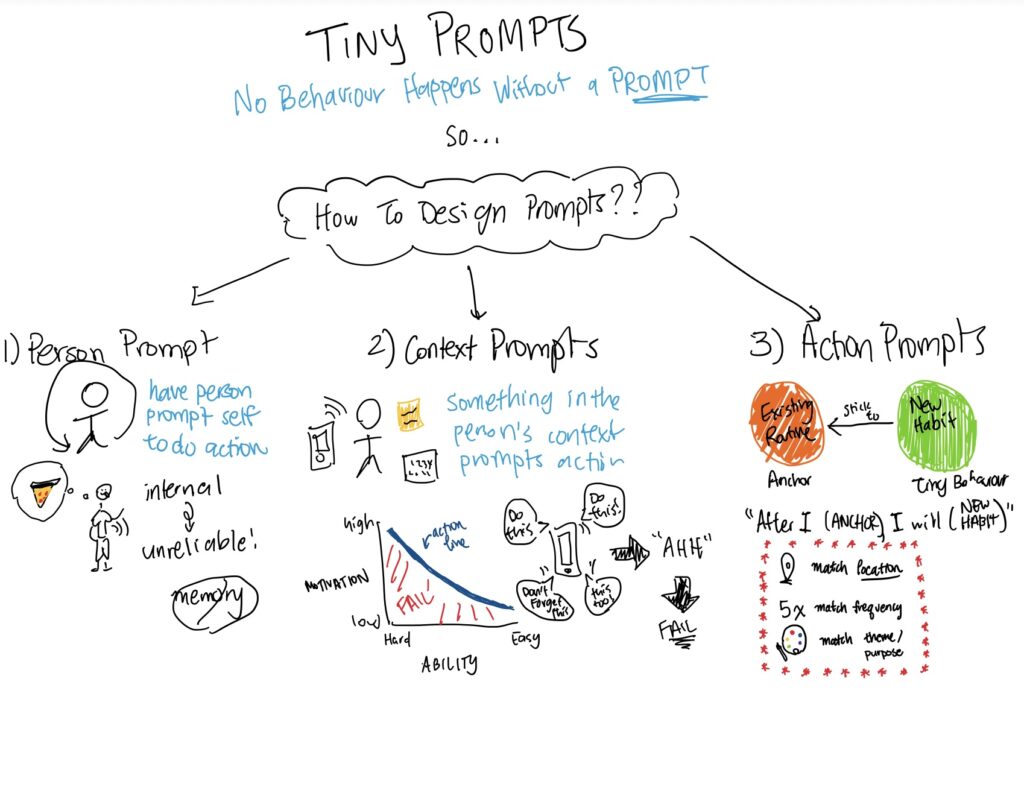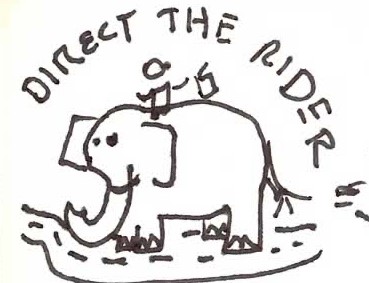Before this class, I assumed we would be changing an actual behavior, though now that thought seems so foolish given all the literature we’ve read about how hard such a task is. I’m also typically a techno-pessimist, i.e. I don’t believe in technology’s ability, much less an app, to change human behavioral issues. Perhaps this is influenced by the fact that I don’t use any apps to modify my own behavior but instead trust my own intrinsic motivations (though that often is not successful either).
Takeaways
I had some knowledge of behavior change having read some of Daniel Kahneman’s work, but it was all theoretical rather than applied to my own life. I would consider myself a “quitter,” and so sticking to my own goals is often pretty slippery. I think that behavior change is a tricky beast because it interacts so deeply with our psychologies and the narratives we build for ourselves. Given this, it seems that tackling this with the use of an app in 10 weeks is an impossible challenge, but a worthy one nonetheless. I also think it’s important to recognize the differences in approach required in creating a new behavior versus reducing or eliminating an established behavior. Maybe it’s a “grass is always greener on the other side” mentality, but I think if I were to redo this class, I would have instead chosen a behavior to break rather than establish, as that seems more tangible and intervention worthy.
I really enjoyed being able to read the academic theory as homework and then learning to apply this directly to our projects. I think in many CS classes especially, the readings and in class experiences feel abstracted from the project being worked on, but in this class, the two were tightly interwoven, feeding back into each other over and over again.
While I have taken CS147, that was the only design workshop-like class I had experience with. So many of the methodologies, like baseline interviews and intervention studies, were new to me. I found these tools to be incredibly useful for understanding the user’s needs and desires. Luckily, because we are in an intellectual community, recruiting participants for these studies was not difficult like it had been for many of our in-person studies in CS 147.
I think the methodologies used in class were invaluable to learning more about the discipline of design. However, I still don’t “believe” in our product. That may just be a reflection of my continued techno-pessimism, but I find it hard to understand how such a solution, even if grounded in the theory and in our own user studies, would permanently impact behavior.
Ethics
I think our app is too aggressive to fall under the category of a “nudge” since it explicitly forces users to switch off of their social media or whatever other app is dominating their attention and encourages them to read instead. Because this is made quite explicit, I don’t think it could qualify as a nudge, and certainly not a manipulative tactic.
Our app requires very little user data (other than login credentials). It only tracks users’ reading habits, which, on first glance, seems like difficult data to “abuse”. We don’t track exactly what users are reading but rather broad categories. Even so, it’s hard to always envision the nefarious ways that data can be used. With that said, we would have to be very conservative in protecting data.
The Future
I now better understand tangible ways to anchor new behaviors to old ones or to decompose bad habits. In fact, I’ve been using some of the learnings from this class to hopefully eliminate my own bad habit: smoking. I realized that part of the reason why my addiction persists (beyond the obvious factor that there are addictive properties to cigarettes) is because I’ve anchored the routine to other things I enjoy, like going on walks and listening to music. Learning to disentangle these habits from one another has been crucial to my quitting journey (along with medication).
There are many goals I have that seem just out of my reach because of my inability to stick with something long enough to form a habit. I’m excited to now apply many of the techniques learned in class, such as habit stacking, to gradually increase my ability to stick with it.



